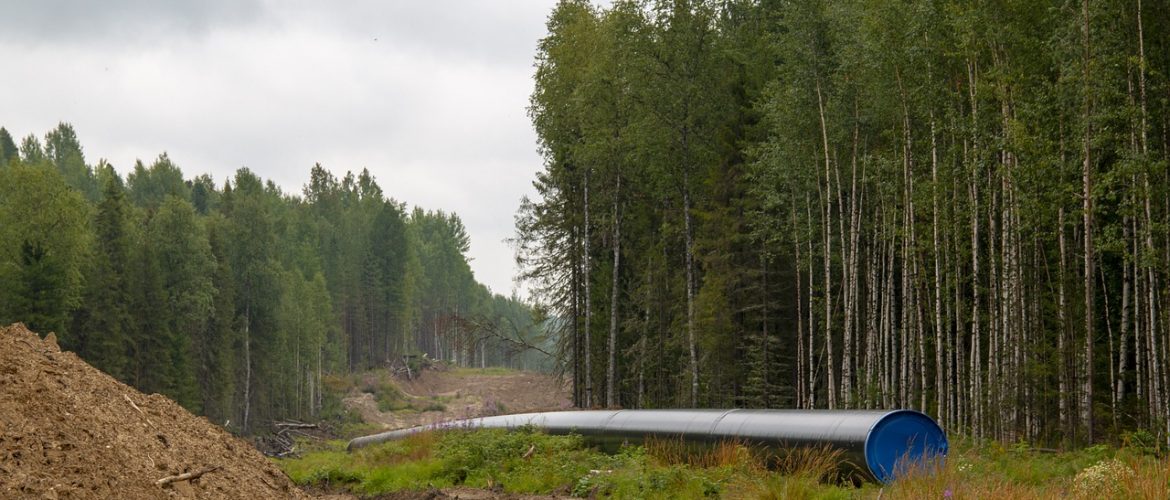Nikos Mantzaris, Senior Policy Analyst at The Green Tank, gave an interview on the radio show “Edo kai Tora” by Aspasia Vouzi on ERT3 about the energy transition in the Western Balkans and EU’s decoupling from Russian gas.
Τhe interview followed a joint letter co-signed by 36 civil society organisations – including The Green Tank – to the President of the European Commission, Ursula von der Leyen, calling on the European Union to stop promoting the use of fossil gas in the Western Balkans.
Commenting on the letter, Nikos Mantzaris explained that the Western Balkans are largely dependent on coal both for electricity production and heating, with obvious effects on the air quality. Due to the current international climate policy, this is starting to change leading the Western Balkans, at the moment, into an energy crossroad seeking ways to replace coal. Paradoxically, although the Western Balkans have a very low dependence on gas, some – both in the EU and the Western Balkans – promote a transition from coal to gas instead of promoting the transition from coal directly to renewable energy sources. Among the voices expressing this opinion is the Commissioner for Neighborhood and Enlargement who openly supports the creation of gas infrastructure in the region.
Responding to the journalist’s question on whether Renewable Energy Sources are sufficient to meet energy needs, Nikos Mantzaris argued that this is proven in the example of REPowerEU, the EU’s plan for energy independence from Russian gas in response to the Russian invasion of Ukraine. Specifically, the goal of REPowerEU is to end reliance on 100bcm of Russian gas in 2022, of which 40bcm will be replaced by RES and energy storage projects, and to achieve full energy independence by 2027. At the same time, there are studies that argue that full energy independence can be achieved much earlier with the use of renewables.
Focusing on the Greek case, he pointed out that until 2020 the country’s dependence on Russian gas was below the European average compared to the EU 27. With the end-use of Russian gas being mostly electricity generation rather than heating, replacing it with wind and solar energy is much easier.
He concluded by noting that the crucial question is not whether renewable energy sources are enough to ensure energy sufficiency, but why there are voices that even today promote the wrong recipes in the Western Balkans and in Europe, while the shift to clean energy and energy storage will offer faster decoupling from Russian gas and fossil fuels.
The interview was broadcast live on April 9, 2022. It is available (in Greek) here:



















































































































































































































































































































